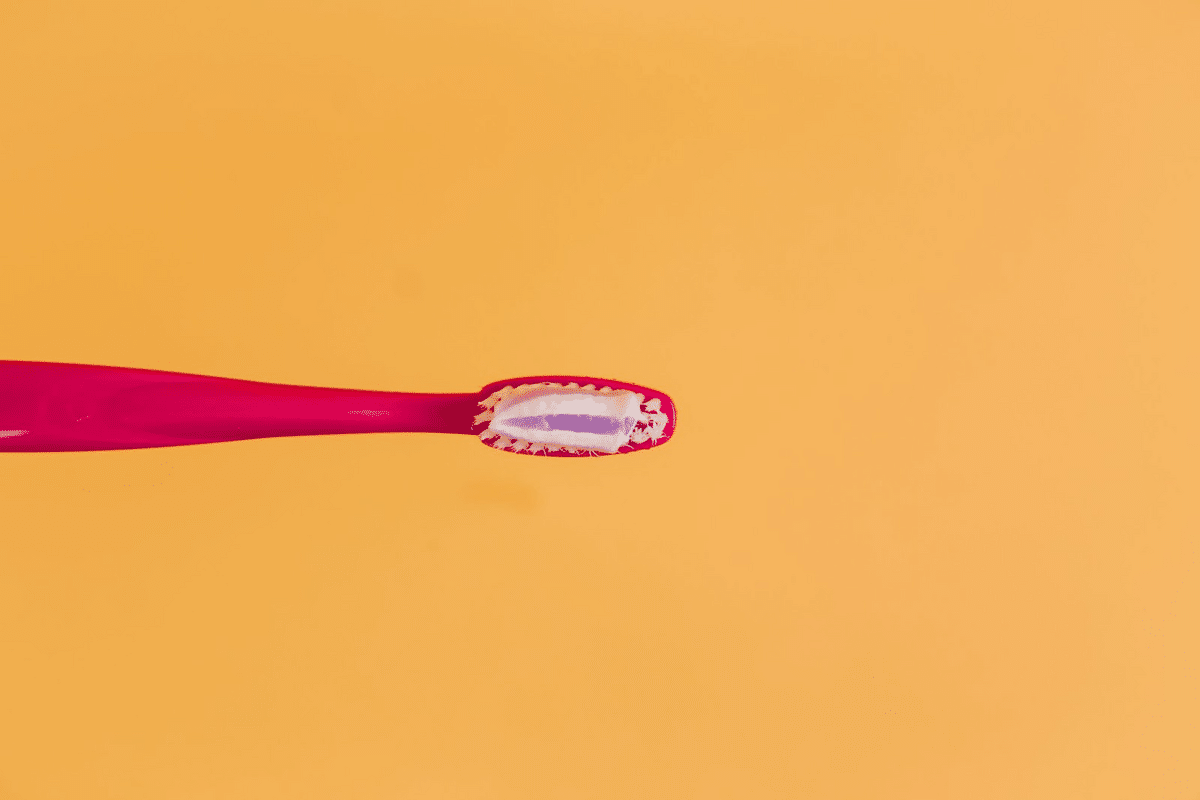Dental caries, also known as cavities, are areas of your teeth that have withered because of a buildup of oral bacteria. They may cause only minor annoyance or excruciating pain. It can be difficult to describe the sensation because it varies depending on how much damage has been done. Along with a detailed description of the way a cavity feels, this article will go over the causes, signs, symptoms, cures, and prevention of cavities. A cavity is a tiny opening created by tooth decay in your tooth. It's a result of bacteria that have accumulated and have begun eating away at your enamel. This could cause a variety of symptoms, from mild discomfort to excruciating pain. Depending on the extent of the damage, a dentist must typically treat cavities. Cavities develop when oral bacteria harm your teeth's enamel. These germs can be found in an array of sources, including food, drinks, and saliva. As the bacteria accumulate, your mouth gets increasingly acidic, which can weaken and ultimately destroy the enamel. Cavities could develop as a result over time. A cavity frequently begins as a dull ache after consuming cooler or sweet foods or drinks, but it can get worse and hurt more over time. Additionally, it might be delicate. Strong pain that goes on for a few seconds or more may be brought on by a cavity that is more severe. Everybody will react to a cavity diversely; some people might only feel a little discomfort, while others might feel excruciating pain. If you think you might have a cavity, you need to see your dentist right away so they can properly identify the issue and give you advice on how to proceed. There are many other indications that a cavity may be present besides discomfort. These consist of: If you notice any of these symptoms, you must visit the dentist right away to avoid further harm. Insufficient oral hygiene is the main contributor to cavities. If you don't regularly brush your teeth, floss, or use mouthwash, this could happen. The following elements can also raise your risk of getting a cavity: Keeping up with proper oral hygiene is a great way to prevent cavities. This necessitates utilizing mouthwash, two minutes of brushing at least twice daily, and daily flossing. Regular dental checkups are also necessary to identify any issues early. Additionally, it's crucial to consume as little sugary or sweet food as possible. By doing this, you can reduce the amount of oral bacteria present and your risk of getting cavities. Keeping up with proper oral care is a great way to prevent cavities. This necessitates the use of mouthwash, two minutes of brushing at least twice daily, and daily flossing. Regular dental checkups are also necessary to identify any issues early. Additionally, it's crucial to consume as little sugary or sweet food as possible. By doing this, you can lower the number of bacteria present and your risk of getting cavities. For healthy teeth and gums, brushing at least twice every day as well as flossing at least once a day are essential. Fluoride mouthwash and toothpaste are also essential to maintaining the condition of your teeth and gums. It's also important to visit the dentist for regular checkups. This will make it possible for your dentist to detect problems early and give them the proper care. There are numerous natural treatments that can treat minor cavities or prevent their emergence. These consist of: This method entails 20 minutes of swishing a tiny amount of oil, such as olive, around the mouth. This can help prevent cavities by limiting the growth of oral bacteria. You can lessen the acidity in your mouth, which will lower your risk of developing cavities. This popular sugar-free sweetener can aid in lowering oral bacteria growth and, consequently, the danger of cavities. It's crucial to remember that these do-it-yourself solutions shouldn't replace expert dental care. Visit a dentist if you think you might have a cavity. If you’re looking for a way to check your teeth, A.R.C. Dental Clinic is the place to go. Not only do we have the most advanced technology at our disposal, but we are also dedicated to providing exceptional treatment. As such, there is no better way to enjoy your favorite treats than by visiting us! We have everything you need to make any visit enjoyable, including comfortable chairs and warm smiles to greet you whenever you walk through our doors. We also treat all our patients like family (because they are), so you can rest assured that we will go above and beyond to ensure you are happy and comfortable throughout every visit. We also deliver the finest dental experience possible at ARC Dental Health by getting to know the person behind the smile. We make the following guarantees to each of our patients: Meet the team if you want to get to know us! You can also look at our services to see which dental treatments are available in our clinic. You can visit us at 1000 Lakes Dr., # 405, West Covina, CA 91790, USA. Book an appointment with us now!
What is a Cavity?
How Do Cavities Form?
What Does a Cavity Feel Like?
Symptoms Of a Cavity
Causes of Cavities
Prevention Of Cavities
Treatments for Cavities
Dental Health Tips
Home Remedies For Cavities
Oil pulling
Baking soda
Xylitol
Visit Your Dentist At A.R.C. Dental Health Now!